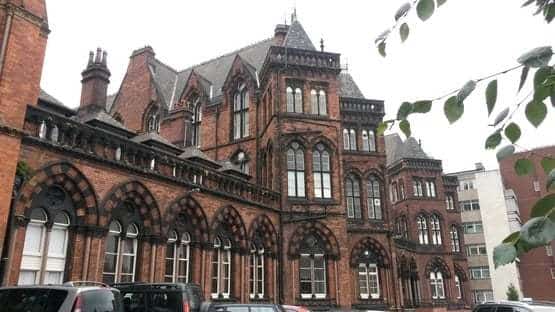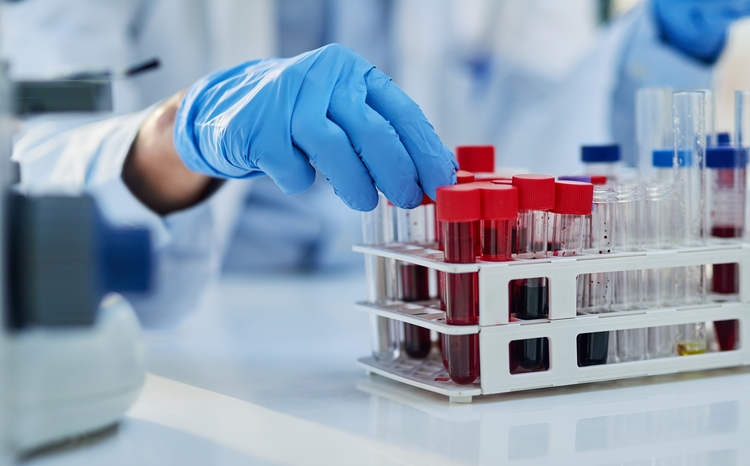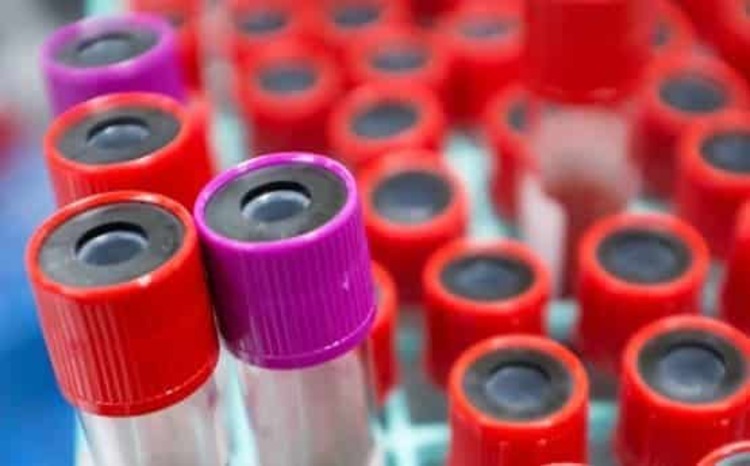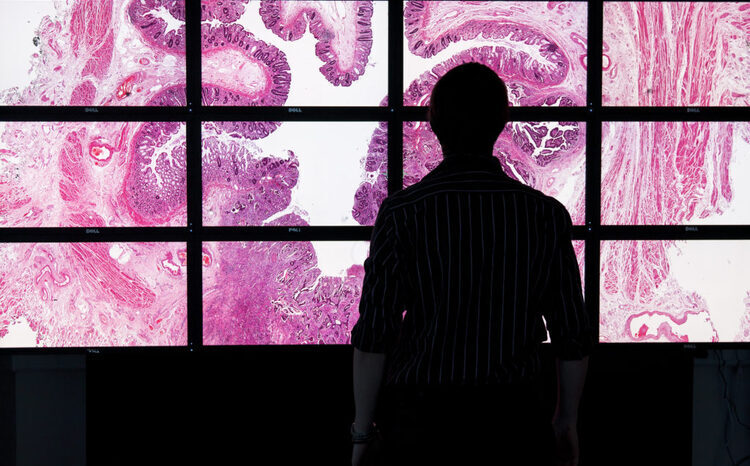Leeds pathology IT crash into third week without resolution
- 4 October 2016

A huge pathology IT crash has dragged into its third week with parts of the system still not fully restored and operational.
Leeds Teaching Hospitals NHS Trust, one of the largest trusts in England, suffered a hardware failure on 16 September which has caused problems with pathology reporting in the region.
In information provided to Digital Health News, the trust confirmed that microbiology remained down. Blood transfusion and haematology testing was being ramped up and a high percentage of results were available electronically.
To date, 143 non-urgent procedures have been postponed and contingency arrangements will stay in place until the middle of the week.
A trust spokesperson said that “full clinical practice will resume when all systems are restored and fully operational. For microbiology, this will take some time”.
The breakdown has also affected Bradford Teaching Hospitals NHS Foundation Trust, GP services in Leeds and a small number of GP services in Bradford.
In a statement on 30 September, Suzanne Hinchliffe, chief nurse and deputy chief executive at Leeds Teaching, said “comprehensive contingency arrangements for pathology testing have been in place for some time with our partners and they are working well”.
She added that with the exception of microbiology, blood sciences systems have been restored with testing increasing over the weekend.
Bradford confirmed to Digital Health News that its situation remained the same over the weekend with 19 procedures re-scheduled, and that the trust was still working with other local trusts to secure additional pathology capacity.
Last week, GPs were able to send in routine blood tests from Tuesday.
An independent investigation will be undertaken to identify the root cause, and a spokesperson for Leeds Teaching said it was taking “some time to restore all systems fully because the systems are complex”.
The trust has a £1 billion budget and launched an ambitious IT strategy in 2011, based around a clinical portal using open source code.
However, a Care Quality Commission report published on 27 September, found there were concerns with the “under investment in the clinical IT systems”. While the overall rating was “good” the investigation found issues over servers, aging computers and laptops and internet access.
As part of the National Programme for IT, Leeds was due to deploy the Lorenzo electronic care record from CSC. However, delays meant it still runs a much older patient administration system from iSoft, the company that developed Lorenzo, and which CSC eventually had to buy.
According to Digital Health Intelligence Database, the trust is using a Clinicom PAS that was installed in 2001. Leeds also runs other iSoft/CSC systems, and the database says that for pathology it relies on CSC’s iLab. Local reports suggest it is using a version of the software known as iLab TP, or Telepath.
Leeds Teaching employs more than 16,000 staff for 780,000 people in the city, and provides specialist care for 5.4 million patients in the region.
Read more:
* Pathology IT crash in Leeds drags on
* Leed still working to revover from pathology IT crash
* Ongoing pathology IT crash in Leeds




